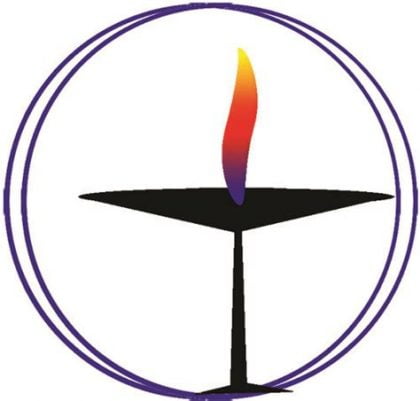For me, the 8th Principle is grounded in our Universalist theology. Our Universalist ancestors believed in universal salvation: that an all-loving God would not condemn anyone to everlasting damnation — that all would go to heaven. Our concept of universal salvation has evolved over time into one of an all-loving community here on earth. Our Universalist theology calls us to say that there is a place for everyone in our faith, that ALL are welcome to be a part of our community, and that in this community, everyone can be their full selves with no one having to hide any part of their identity. In its acceptance of our whole selves, Universalism is also a theology of liberation.
The Widening the Circle of Concern report published in 2020 after a three-year study by the Unitarian Universalist Association Commission on Institutional Change talks about our Universalist theological tradition as grounding for our social justice work and as the basis for a theology of liberation. The report states that: “Acknowledgement of anti-oppression work as a theological mandate is essential.” In a recent sermon, Rev. Holly referred to the report and talked about the work we are being called to do by the all-embracing love at the center of our tradition.
Grounded in our modern-day Universalist theology, the 8th Principle commits us to build a diverse multicultural Beloved Community, which happens when people of all different backgrounds and identities come together in an interdependent relationship of love, mutual respect, and care. This Beloved Community holds the promise of universal salvation and liberation right here on earth.
About the author


